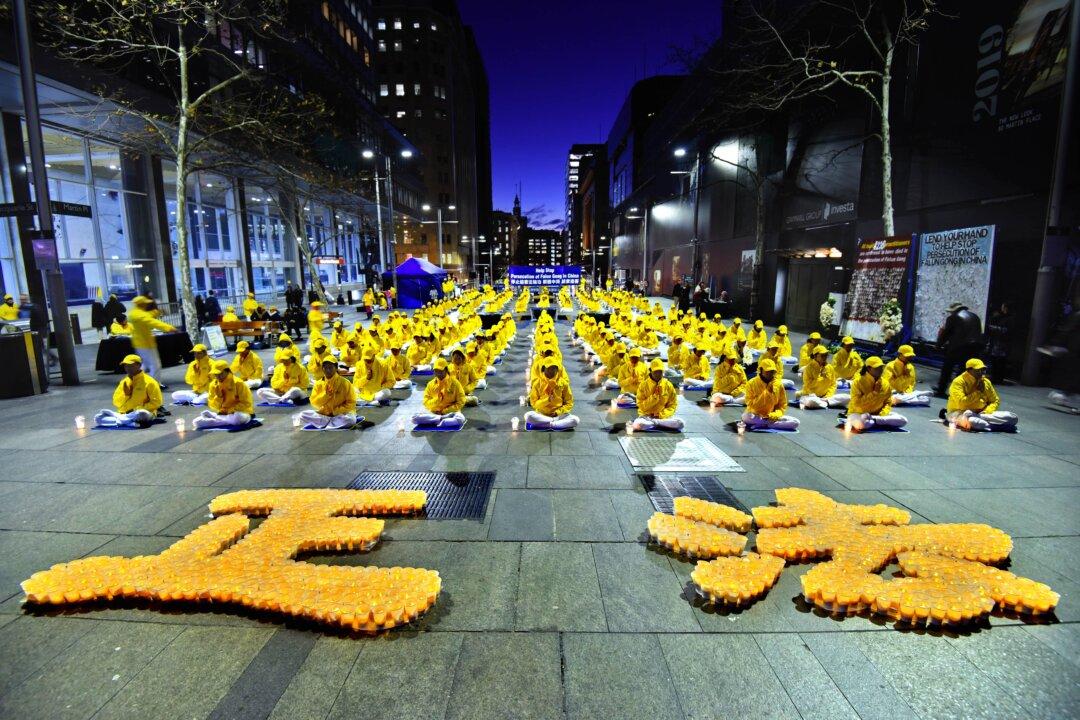Commentary
As I am an avid reader, I decided to read Jennifer Zeng’s acclaimed memoir “Witnessing History: One Woman’s Fight for Freedom and Falun Gong.”

As I am an avid reader, I decided to read Jennifer Zeng’s acclaimed memoir “Witnessing History: One Woman’s Fight for Freedom and Falun Gong.”